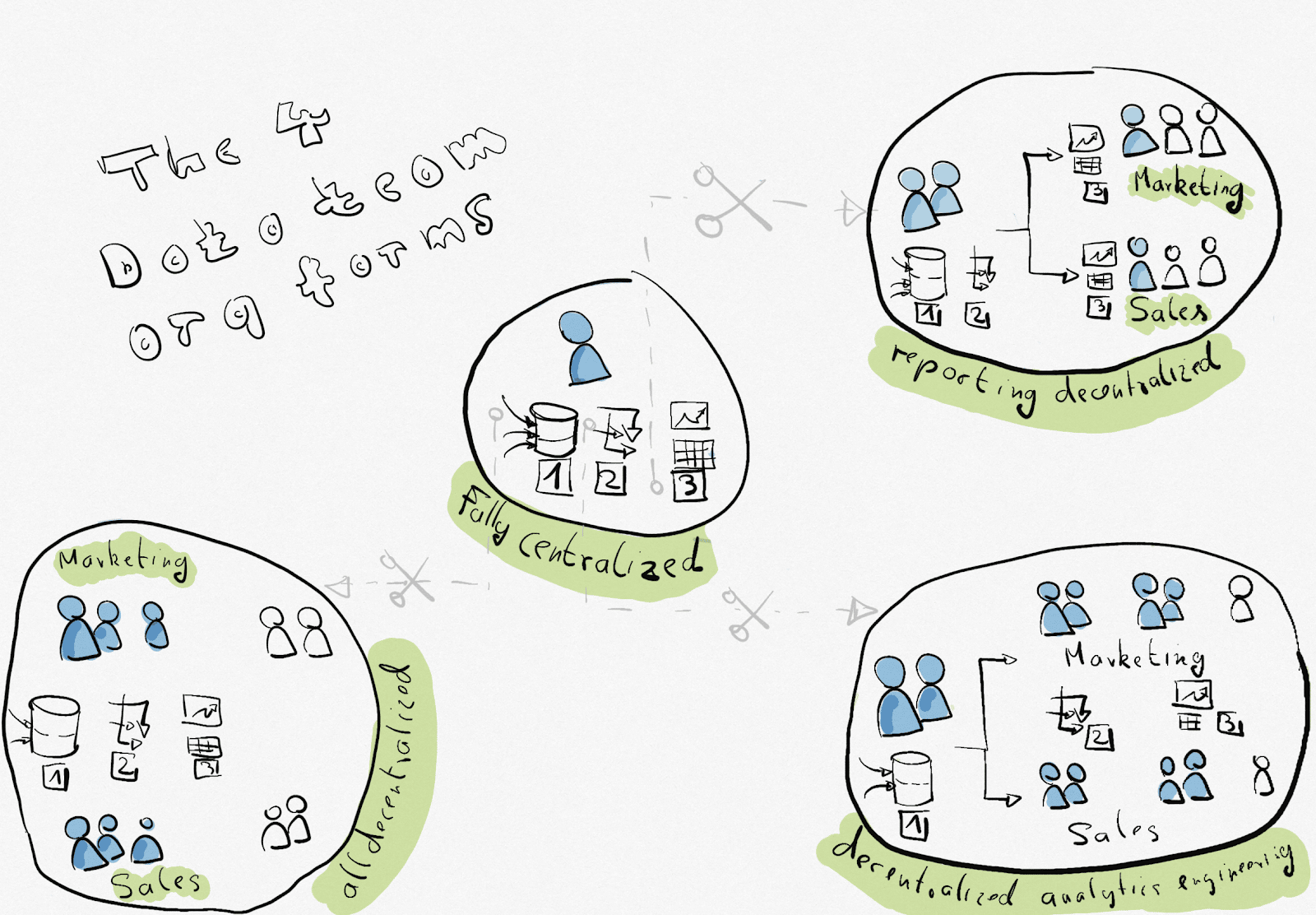These days, we all use data more than ever before, and it can make or break businesses. Data tracking and management are more affordable, simple, and effective than ever and are no longer used purely by big organizations. 
However, just because we have access to a plethora of information doesn’t mean we necessarily know how to utilize it. Unfortunately, many entrepreneurs and managers make a lot of the same common mistakes in this area. Read on for some top ones to avoid.
Lack of Oversight
Firstly, it’s vital to avoid inaccuracies and variations in your company’s data by setting up a central oversight system. Yet, many businesses don’t have this, creating unnecessary issues. Avoid this situation by determining a team with your organization or even just one person, if you have a small staff, to be in charge of data processes, reports, management, and the like.
When a firm works strategically to set up clear data governance frameworks that specify how data should be collected, stored, and utilized within the business, this helps to avoid problems such as duplication, the incorrect transfer of information, and erroneous inputs. It also reduces the chances of a significant lag time between when different departments share data between themselves. Once you’ve delegated the role of data oversight within your company, you should find fewer and fewer information bottlenecks and other costly complications and errors.
Not Enough Planning
If you want to make the most of data in your corporation, it’s vital to spend enough time and energy planning what you will track and how you will manage and use it. Unfortunately, though, many entrepreneurs and other personnel make the mistake of failing to plan.
For best results, leaders should sit down and map out what kinds of data points must be kept track of annually and when to start doing this, if some elements are time-specific. You don’t want to miss out on collecting the details you need because you weren’t organized enough. Also, plan what you will do with the information once you have it and how you will store it, so it’s easy for those who need to access it to do so, but not simple for hackers or others to steal it.
Failure to Focus on Security and Privacy Effectively
Speaking of hackers, you don’t want to make the common mistake of not focusing on security and privacy enough for corporate data. These days there are more cybercriminals out to do no good than ever before, and they come up with increasingly sophisticated techniques for breaking into systems, crashing servers, and more. Plus, information can be physically vulnerable, with break-ins, theft, and other on-site issues. No matter how details get stored, you want them to be safe and not stolen, used, or inappropriately shared.
Take steps to limit the number of people who can access the places where you store data, whether online or in person. Be sure to back up electronic details daily to cloud servers, not just a physical storage drive, and train your team on the best and most up-to-date ways to keep hackers and thieves away.
Not Tracking the Right Data
Another mistake that pops up repeatedly is business owners, managers, and workers failing to track the most valuable data that could move the venture forward. You don’t want to waste resources collecting and looking at details that don’t actually matter, or miss out on getting access to the information that would give you the clarity and insights you need to grow the organization.
Stop and consider what you need to know now and in the near future, and why you require it. Often, when you analyze it, the data that may seem worth collecting at first really isn’t going to be that helpful. For example, there’s not much point in having simple newsletter or social media subscriber or follower numbers if you don’t also determine the level of engagement you’re getting through these avenues, such as via open rates, click-throughs, comments, and shares.
You want to concentrate on managing data that assists you in adding value to your business rather than just providing an ego boost. Consider your goals for the firm and the cost to track different elements to see what is and isn’t worth the investment. Plus, define benchmarks, key performance indicators, and other metrics ASAP to minimize the risk of missing out on collecting vital details or wasting resources on the things you don’t need.
Six other critical mistakes to try to avoid when it comes to data in your organization are:
- Not thinking long-term enough
- Having weak processes
- Not making data digestible for users

- Missing the complete story when analyzing information
- Getting to an analysis paralysis situation where you never take any action
- Failing to train staff adequately in the collection, management, and use of data
Consider all these factors to learn where your current data strategies might be letting you down. With a few tweaks, you might make changes that significantly impact the firm’s bottom line.

